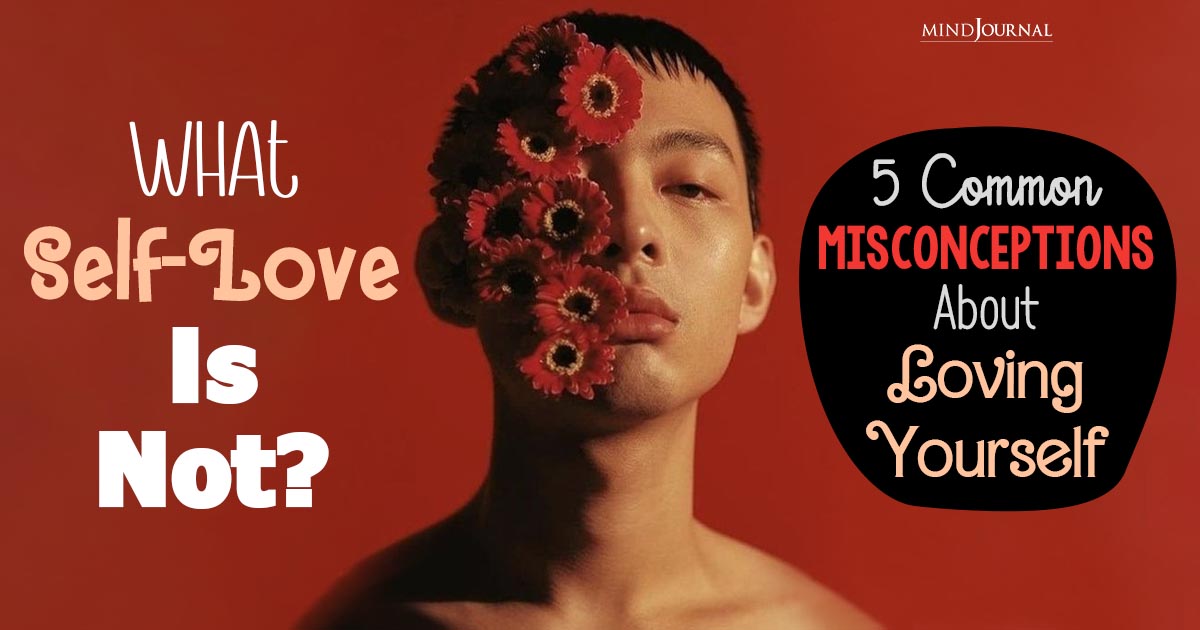We all have values, core values are the fundamental beliefs of a person and it determines what’s really matters to us. Identifying our core values, guide our choices and help us to make meaning of our experiences. Clarify your core values and create intentions that help you to focus on behaviors that lead to positive coping strategies for a greater sense of life satisfaction.
After spending the last year researching and writing my new book, Outsmart Your Smartphone: Conscious Tech Habits for Finding Happiness, Balance, and Connection IRL, I’ve learned that we sometimes go through life without paying much attention.
We just move from one thing to the next without considering whether our actions reflect our core values. But when we go through life without following our values, we can lose ourselves and our ability to generate real happiness.
Want to identify your core values and learn how to live them?
Identify Your Core Values
By identifying our values, we can begin to design a life that is in better alignment our true self.
Keep in mind that values are different for everyone—you are the only one who can identify your values.
To get started, think about the list of values below. Write down any of the values that you hold.
Feel free to add additional values if they are not included on the list:
Core Values List:
Authenticity Adventure Balance
Bravery Compassion Challenge
Citizenship Community Creativity
Curiosity Determination Fairness
Freedom Friendships Fun
Generosity Growth Honesty
Influence Justice Kindness
Knowledge Leadership Learning
Love Loyalty Openness
Optimism Recognition Respect
Responsibility Security Self-Respect
Social Connection Spirituality Stability
Status Wealth Wisdom
Next, circle your most important 3 or 5 values. For each of these, write down three or more actions that define what it would mean for you to live these values. For example, if you value Loyalty, actions might include forgiving a friend for a betrayal, negotiating fair treatment at work to ensure your commitment to your employer, or choosing not to engage in extramarital affairs.
Now, write down one thing you have done that does not reflect each of your top 3 to 5 values. For example, if you value optimism, it’s a more value-driven choice to think positively than to worry about the future.
Next, write down what you could do differently next time. Maybe instead of bracing for the worst, you could think about what might go right, what you might learn, or what cool things you have to look forward to in the future.
As you are doing this activity, you may discover that there are ways that you could live in closer alignment with your values. It may be hard to follow through on some of the actions you identified.
Maybe you would need to stop drinking. Maybe you would need to change jobs. Maybe you would need to have some difficult conversations. It’s quite easy to go with the flow and lose sight of our values. It’s a lot harder to live by our values and do what’s right for ourselves in the long run.
Read 10 Self-Growth Questions You Should Ask Yourself Every Day
What If You Haven’t Been Living Your Values?
For one woman I know—a kind, smart, caring person—the rift between her values and her actions became apparent when she started leaving her boyfriend at home so she could gain attention and physical satisfaction from other men.
It was clear from the outside that these actions went against her values. So even though her actions made her feel good at the moment, each night she would go home feeling terrible.
For another woman I know—a strong, giving, selfless person—the growing gap between her values and actions was revealed when she started asking loved ones for things that she could sell to buy drugs. Never had she been the kind of person that couldn’t handle a challenge.
Never had she been willing to take from others. But when in the throes of her addiction, she lost track of her values. Thankfully, she did recover. But even after recovering from her addiction, it was only when she again started living her values that she was able to rebuild her life and her happiness.
The tricky thing about values, though, is that we all hold different ones. For each of us who loses track of our values, the outcome will look different. And many of us have never asked ourselves what our values are or what it would look like it we weren’t living them. So we easily get lost.
By identifying what we need to do to live our values, we can start becoming the person that we want to be.
And as it gets easier to love ourselves, we begin to feel happier.
Live Your Values
When I first did this activity, I discovered that kindness is one of my top values. I was living this value in some ways, with some people, and in some situations, but I had some major gaps. For one, I could be really mean to my husband, criticizing him for the smallest things. I could tell you I acted this way because I was angry or hurt, but these are just rationalizations–excuses that I told myself to justify my behavior. The truth is that living your values is hard, and I wasn’t yet ready to put in the work.
At first, I could still tell myself I was kind when I was being mean, that I was in fact living my values. But one day I realized I was just making excuses, and I didn’t recognize myself anymore. I was not who I wanted to be. It seemed scary and overwhelming to start living my values, but I decided that day that I had to do it. And you can do it too.
To start, take a look at the values list you created in the last activity.
For each of your most important values, ask yourself 3 sets of questions and record your answers:
1.Are there any people with whom you have a difficult time living this value? For example, maybe your romantic partner, parent, sibling, coworker, or friend?
2. Are there any situations that make it difficult for you to practice this value? Where are you, or what are you doing when you fail to practice these values? For example, maybe you’re at work, at home, out at a bar, on social media, in the car, or at the daycare center.
3. Is there anything else that makes it difficult for you to live your values? For example, maybe you live your values in the morning but not at night, when in your hometown but not on vacation, or on Monday but not Friday.
Once you’ve identified the external events that trigger you to veer away from your core values, it’s key that you identify why these experiences affect you this way.
Look through all of the people and situations that lead you to stray from your values and ask yourself what thoughts, feelings, or bodily sensations lead you to act differently than you would like to?
The emotions that trigger you may be the same across all situations, or they may be different. So just write down anything you think of that leads you away from your values.
These emotions, thoughts, and associated bodily sensations are at the root of what causes us to abandon our values. When we act in a way that’s inconsistent with our values, we are just attempting to regulate or reduce our negative emotions, even if only temporarily.
Identify Value Conflicts
If you’ve been following up this point, you now know which feelings or thoughts lead you away from living your values. To move forward, we need to deal with these uncomfortable thoughts and feelings in new ways. Easier said than done though.
Often times the emotions that we’re dealing with arise because our needs are being thwarted. For example, a man may seek out an extra-marital relationship because he doesn’t feel loved, appreciated, or physically attractive to his wife.
A woman may gossip about her coworker’s poor job performance because she doesn’t feel secure in her job. Or a man may micromanage other people at work because he still feels powerless from when his parents hit him as a child.
Our actions—even the ones we’re not proud of—usually make sense when we look at them as attempts to get our needs met. So, if you’re struggling to live your values, you likely have a conflict between living your values and getting your needs met. The way forward? Learn how to get your needs met in new ways—ways that don’t conflict with your values.
To identify any potential value conflicts, take a moment now to reflect on what the upside is when you go against your values.
What are you getting out of the actions you take?
What positive emotions are you feeling? What needs are being satisfied when you go against your values?
Do you feel excited? Safe? Loved?
Now, ask yourself how else you could get these needs met? What might be healthier ways?
For example, the man who cheats on his wife could tell her that he really needs to feel attractive to her. So he suggests that they start sending each other sexy text messages and requests that she refrain from chatting with other men on social media.
The woman who feels insecure in her job could take some online courses to make herself more valuable to the company, or she could start researching new jobs online. The man who feels powerless could create and lead an online group for a good cause, helping him gain a sense of power with a more positive outcome.
All of these changes require self-awareness, honesty, and effort, but they are necessary for resolving conflicts between our values and needs.
For me to begin living in alignment with my values, I first stopped being so mean, even when I felt that others deserved it. Living my values felt great, but I quickly discovered that some of my needs were not being met. By being mean to people who hurt my feelings, I was unconsciously telling myself that I didn’t deserve to be treated this way, that I was a person worthy of love, respect, and appreciation. But being a jerk only made people treat me worse.
I found that the only way for me to get past my point of conflict was to learn how to communicate more effectively, so that I could tell people how I would and how I would not allow them to treat me. This is really a weakness of mine, and I still struggle with it today, but the more I love, respect, and appreciate myself by not letting others treat me poorly, the better I feel and the easier it is to both live my values and get my needs met.
Now I react to feelings of not being appreciated more effectively—for example—by telling others how I would like to be treated.
Read 10 Skills You Need To Live A Happy Life
Changing your life is never easy but it’s always worth it. Give this activity a shot and I hope you can start living in closer alignment with your values.
Written by Tchiki Davis, Ph.D. Originally appeared in Psychology Today












Leave a Reply